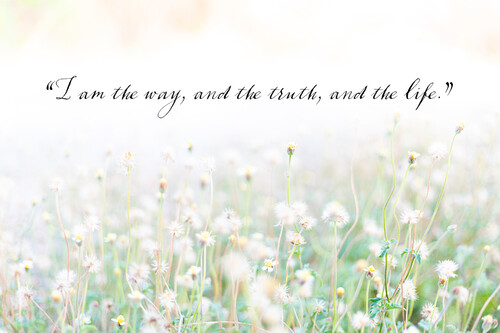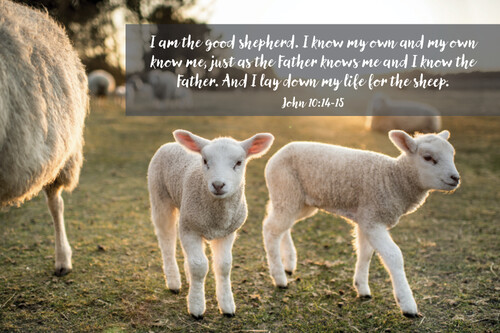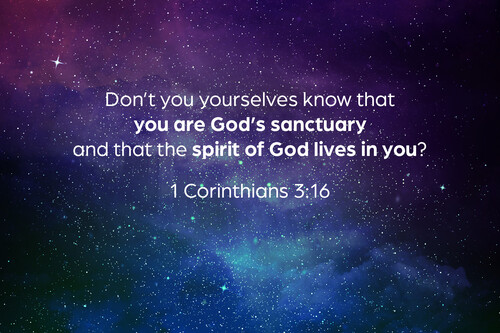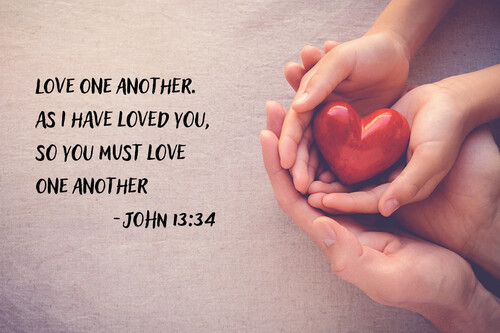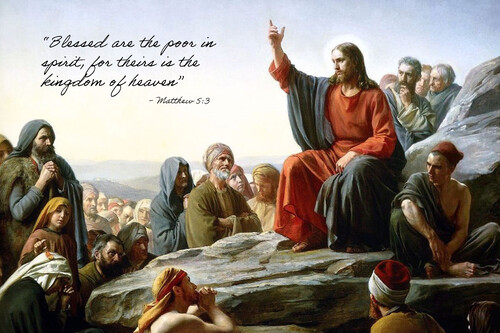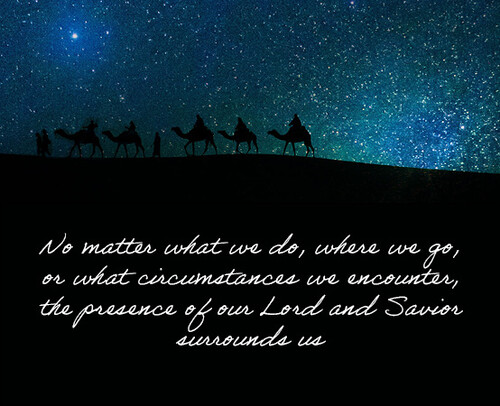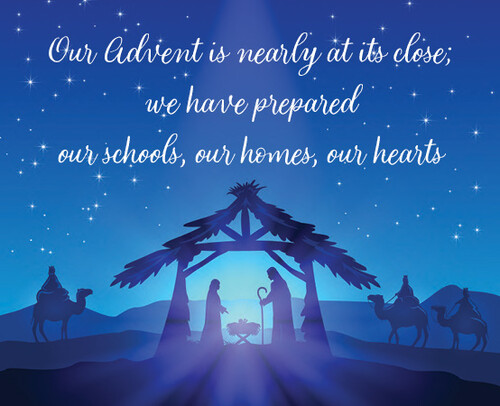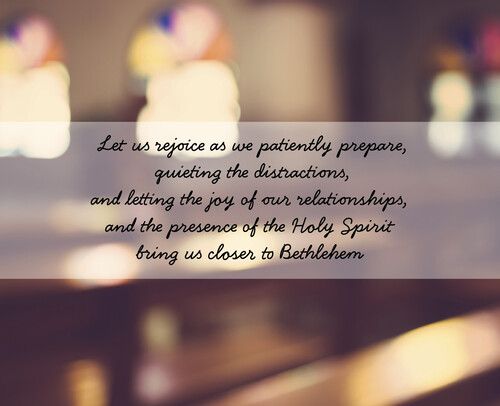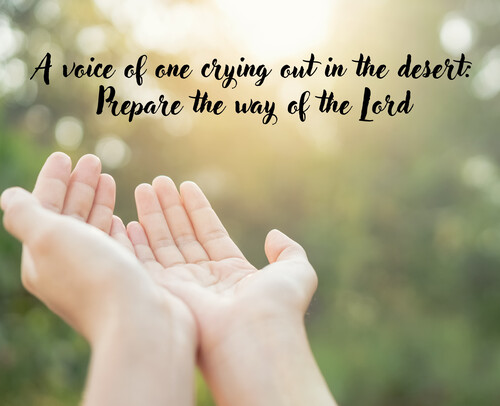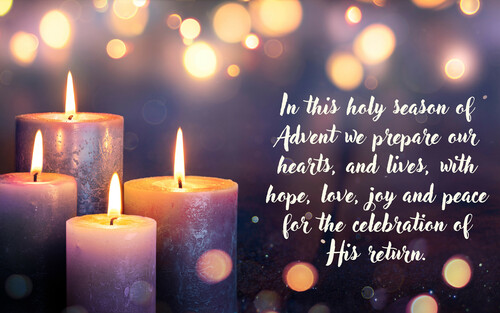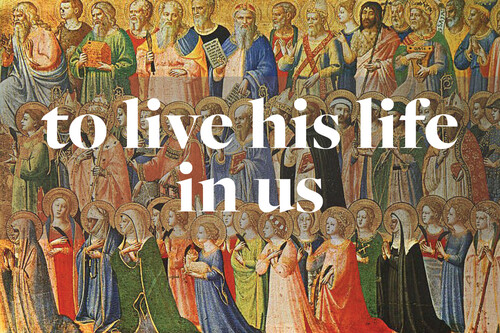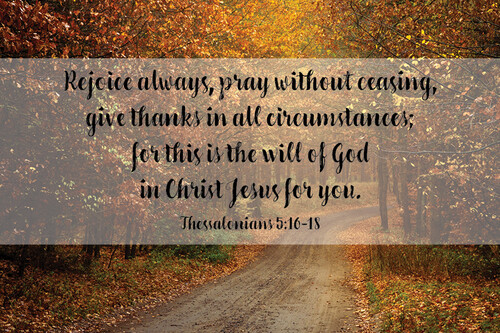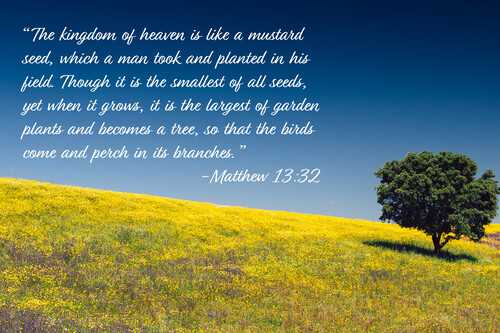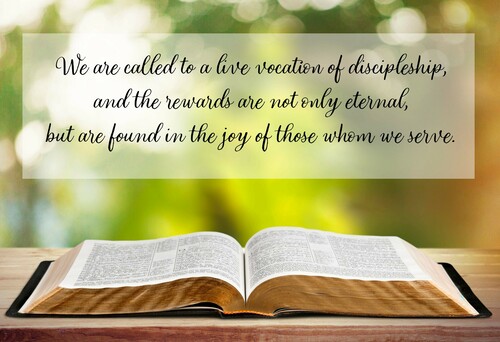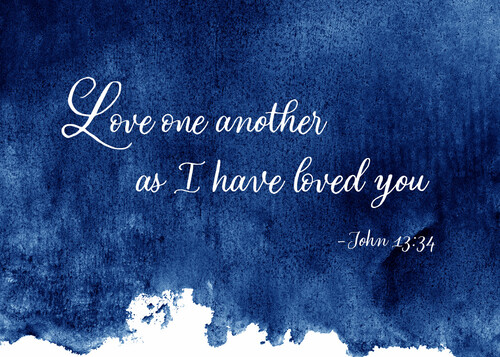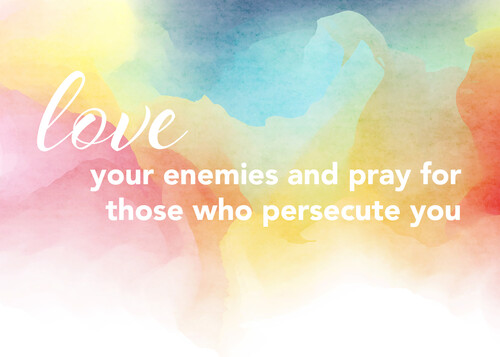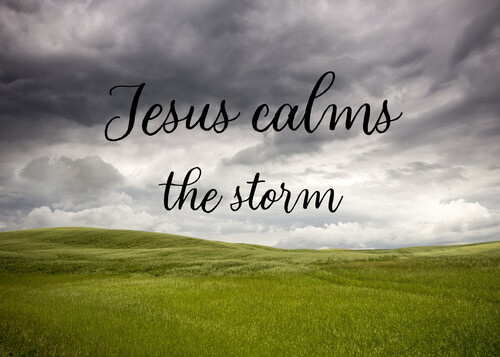Our Superintendent, Pamela Guilbault, shares words of encouragement, messages of faith, and more in her weekly message.

June 26 to 30
It has been my pleasure to write these weekly reflections. I have grown in my own faith through the prayer, reflection, and journaling that encompassed this writing.
How fitting that this last week of our school year is a powerful message of accompaniment. Each of the readings articulate Christ's promise, and actions to journey with each of us. In the first reading, despite hardships, the Prophet Jeremiah reaffirms his trust in God saying, ‘The Lord is with me, like a mighty champion: my persecutors will stumble, they will not triumph’ (Jeremiah 20: 10), giving him strength and protecting him from his enemies.
In St. Paul's letter to the Romans, we are reminded that God’s gift of forgiveness and justification abounds, offering reconciliation and abundant life to those who receive it which is further confirmation that He accompanies surpasses this life - into the next. There are no limits to his love.
The Gospel reading further emphasizes the value that God places on each individual. Jesus reassures them of the Father’s love and care for them: ‘Even the hairs of your head are all counted’ (Matthew 10:30). He affirms that God’s care extends even to the smallest details of His creation. This theme reminds us of our worth in God’s eyes and reassures us of His intimate knowledge and care for us. Jesus ends by making them this awesome promise: ‘Everyone therefore who acknowledges me before others, I will also acknowledge before my Father in heaven’ (Matthew 10:32). We are called to both continue His mission serving others selflessly with love and mercy, and to receive from others with grace and humility. As Gospel Witnesses we become "gift" to one another in the reciprocity of accompaniment.
AMEN.
Message Archives
June 19 to 23
The Gospel this week especially resonated with me. June is a month that necessarily becomes frenetic with a pace that must encompass both endings and planning for new beginnings. When Matthew recounts Jesus saying, "he had compassion on them, because they were harassed and helpless, like sheep without a shepherd." I acknowledged that was what I have witnessed, and what I too have felt on a few "June" occasions. However, I reflected on the idea of compassion as an opportunity for us to accompany one another with grace, gentleness and kindness. In fact, I suggest that Jesus uses it deliberately, as the antithesis to chaos, anxiety, fear and hopelessness. Compassion means to respond from a place of love first.
I share with you a compassion meditation below:
Compassion Meditation
Professor and Sister of St. Joseph Catherine Nerney shares a prayer practice that strengthens our compassion for ourselves, one another, and the world:
We are called to be compassion for our world. But to grow in this capacity, we must practice, practice, practice the art of communicating from the heart where God and we are one. The Hindu blessing of Namaste, which has become universalized, reminds us that “when I am in that place of the Divine in me and you are in that place of the Divine in you, there is only one of us.”
For this purpose, Thich Nhat Hanh and other Buddhist practitioners recommend that we regularly engage in a Compassion Meditation that is also known as metta or loving-kindness.… Take a few moments to let yourself be drawn into this contemplative practice for your good and others. Picture in your mind’s eye, try to encounter as vividly as possible, someone for whom you feel deep love and unity. Let him or her be there with you as you express these desires.
May you be happy.
May you be blessed.
May you be free and peaceful.
May you be ever loved.
May you be always loving.
Now repeat the exercise, this time picturing someone you hardly know. Wish them the same loving desires. You may choose someone you saw on the bus, someone in the supermarket or a church group, or perhaps someone you’ve read about in the news. Make the image clear and pray for them as sincerely as you can. Your goal is to open to them/give them their humanity.
Finally, repeat the visualization, selecting a person with whom you are feeling alienated, hurt, resentful, vengeful. What happens as you try to enter this “compassion meditation” with them?
A fourth component of this compassion meditation that I think is often needed, if we are to become more compassionate listeners and speakers, is to offer this loving-kindness meditation for oneself. Self-compassion is essential to help us let go of shame that blocks God’s love and peace from mercifying us. From deep inside us, God is trying to get dug out. Listen to God trying to free you at the same time to love yourself.
Catherine T. Nerney, The Compassion Connection: Recovering Our Original Oneness (Maryknoll, NY: Orbis Books, 2018), 184–185.
In compassion, celebration and love we give without expecting payment, because we know that Jesus, our shepherd, unconditionally gives to us.
AMEN.






